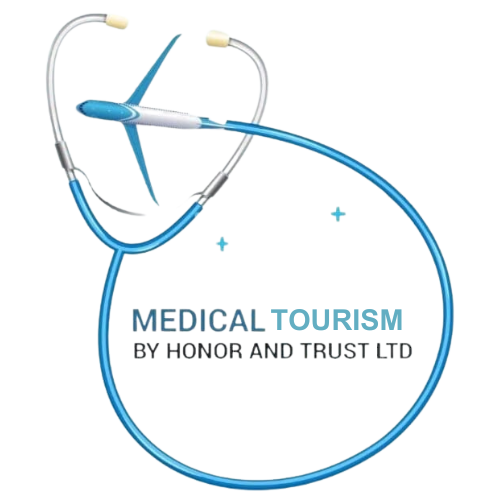Stem cell therapy

Stem Cell Therapy
Stem cell therapy is a cutting-edge medical approach that utilizes the regenerative potential of stem cells to treat various diseases and conditions. Stem cells are undifferentiated cells that have the unique ability to develop into different cell types in the body. Stem cell therapy involves harvesting, isolating, and manipulating these cells to promote tissue repair, regeneration, and healing.
Reasons/Causes:
Stem cell therapy can be used to address a wide range of conditions across different medical specialties. It holds promise for treating degenerative diseases, autoimmune disorders, neurological conditions, orthopedic injuries, cardiovascular diseases, and more. Stem cell therapy may be considered as an alternative or complementary treatment option when conventional therapies have shown limited effectiveness.
Cure/Treatment:
Stem cell therapy aims to harness the regenerative potential of stem cells to stimulate the body’s natural healing processes. The procedure typically involves extracting stem cells from the patient’s own body (autologous stem cells) or from donor sources. These stem cells are then processed and prepared for injection or transplantation into the affected area or system.
Once introduced into the body, the stem cells can migrate to the site of injury or disease and promote tissue repair, reduce inflammation, modulate the immune response, and stimulate new cell growth. They have the potential to differentiate into specialized cell types, replace damaged or dysfunctional cells, and enhance the body’s healing capacity.
Stem cell therapy can be administered through various routes depending on the condition being treated. It may involve direct injection into the affected tissue or organ, intravenous infusion for systemic conditions, or surgical implantation for localized repair.
Research and clinical trials are ongoing to explore the potential of stem cell therapy in different medical fields. While some applications of stem cell therapy have shown promising results, it is important to note that the field is still evolving, and not all conditions can be effectively treated with this approach.
Individualized treatment plans are developed based on the specific needs of each patient. Stem cell therapy is typically performed by specialized medical professionals, such as stem cell researchers, hematologists, or regenerative medicine specialists.
Before considering stem cell therapy, it is crucial to consult with a qualified medical professional who can evaluate your condition, discuss the potential benefits and risks, and provide appropriate guidance and recommendations.
Stem cell therapy represents an exciting frontier in medical science, offering potential breakthroughs in treating various diseases and promoting tissue regeneration. Ongoing research and advancements in the field continue to expand our understanding of the therapeutic potential of stem cells, paving the way for innovative treatments in the future.
